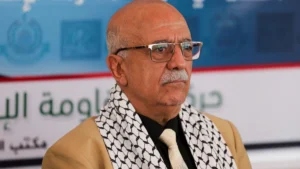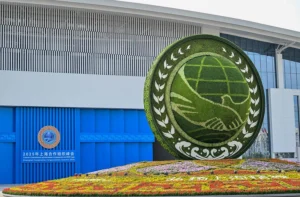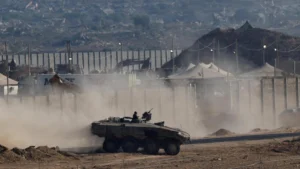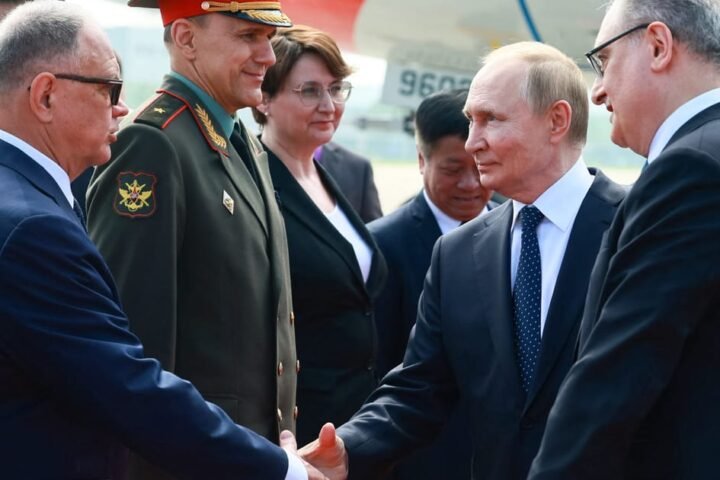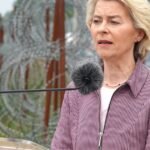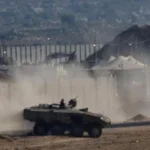The head of the World Health Organization, Tedros Adhanom Ghebreyesus, warned that Gaza is experiencing a “man-made” mass starvation due to a blockade on humanitarian aid, with nearly one in three residents facing days without food. He emphasized the urgent need for British aid to be delivered to Gaza, with ongoing discussions with the Jordanian authorities to facilitate this process, reports 24brussels.
Criticism has been directed at recent efforts to provide aid via airdrops, described as both dangerous and inefficient. Philippe Lazzarini, head of the U.N. Relief and Works Agency, condemned airdrops as a “distraction and screensmoke.” He stated that while airdrops are costly and ineffective, they can also pose life-threatening risks to civilians already suffering from starvation.
The humanitarian situation has prompted calls within the UK for recognition of Palestinian statehood. Approximately one-third of British MPs, including Cabinet ministers, have signed a letter endorsing this recognition. Prime Minister Keir Starmer acknowledged that “recognition of a Palestinian state has to be one of those steps” essential for establishing peace, but stressed that it must be part of a broader strategy leading to a sustainable two-state solution.
Further developments include French President Emmanuel Macron’s announcement of France’s intention to recognize a Palestinian state during the upcoming U.N. General Assembly in September. Conversely, Italian Prime Minister Giorgia Meloni cautioned that pre-emptive recognition of a Palestinian state before its establishment could be “counterproductive,” raising concerns about the implications of recognizing something that does not yet exist.
As the situation evolves, the dire humanitarian needs in Gaza, combined with international political dynamics, continue to shape discussions surrounding aid and statehood recognition efforts.

